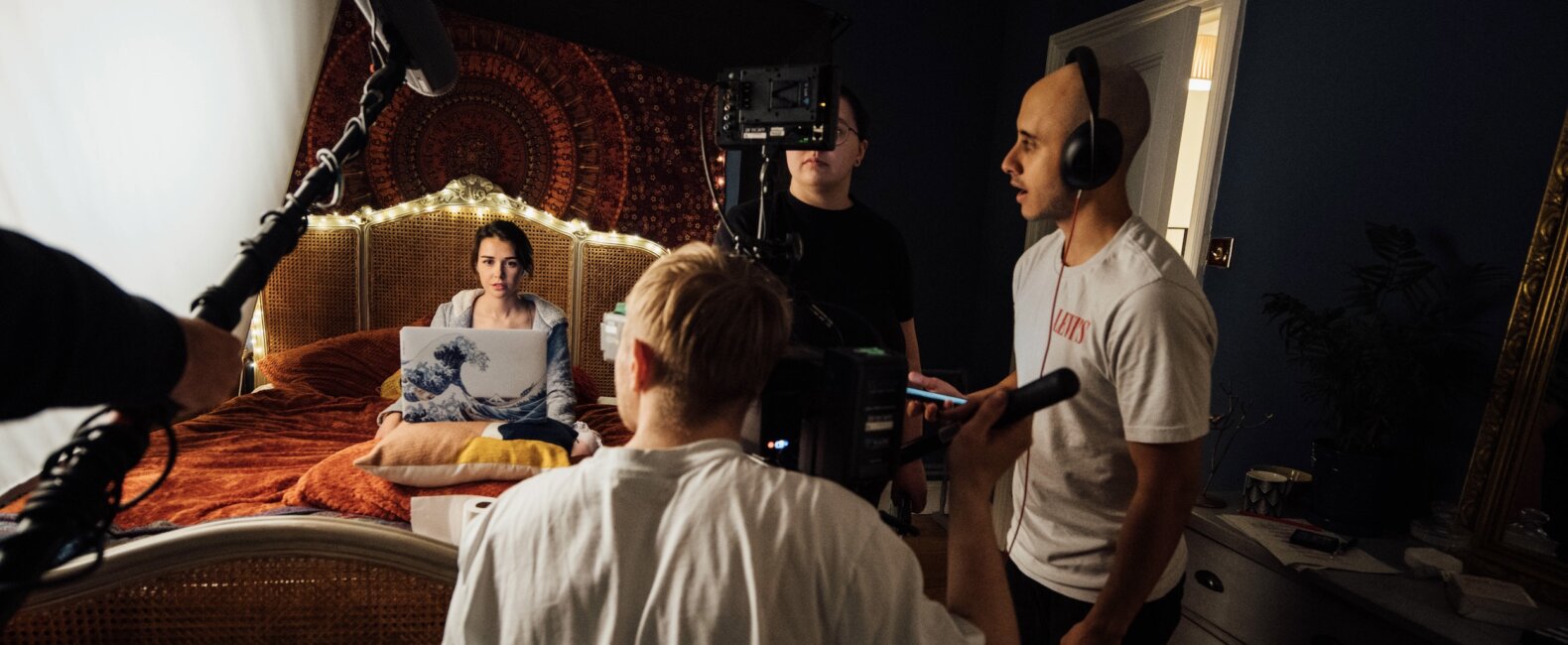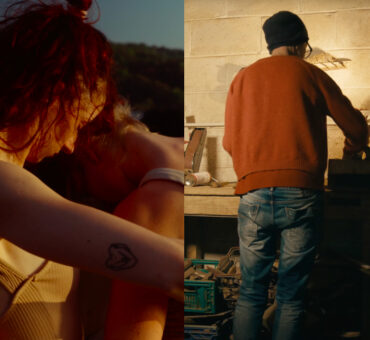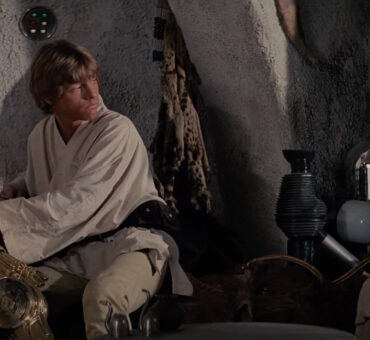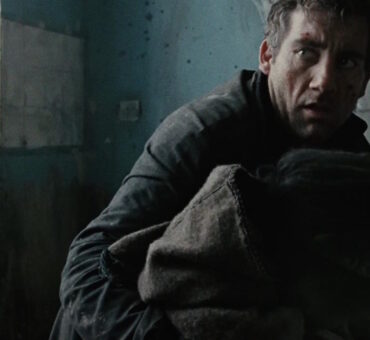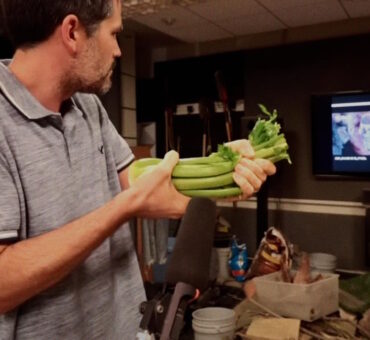When he’s not sharing his adventures with his growing audience, filmmaker Giovanni Montalvo is writing and directing award-winning short films capturing the attention of film festivals all over the world. Read his interview below to learn more about what sparked his passion for storytelling, the importance of music in his work, and how he searches for music on Musicbed.
Musicbed: What sparked your passion for filmmaking/storytelling?
Giovanni Montalvo: I can’t quite pinpoint an exact moment that set me down this road but I imagine as a child I must’ve always had an affinity for storytelling. As children, I think we all have a natural predisposition for telling stories and being captivated by them. As we get older we happen to get more serious about certain stories we believe in and allow to dictate our lives. For a while though, in adolescence, anything is possible. I found filmmaking by accident at the end of that year in my life where I was about to age into becoming a legal adult. That’s 18 years old in the State of Texas and 46 other states, 19 years old in Alabama & Nebraska, and 21 years old in Mississippi.
So there I was about to be recognized as a legal adult in Texas, about to graduate high school, and I was asking myself what would I do with my life once school ended and I became a grownup?’ I happened to find filmmaking at the end of senior year when I began to film myself working out to make videos for YouTube. I enjoyed it and it was something I could see myself maybe making a living out of it, but more than that I felt a connection with that feeling of curiosity and passion (no matter how trivial the matter) we all have as children. Somewhere in the beginning, I decided there was no turning back now, I needed to make films.
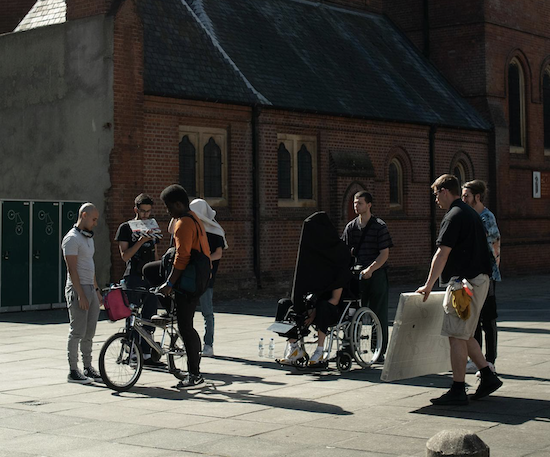
What keeps you motivated and creatively inspired?
Lots of things really: my dog, music, tasty food, interesting films, well-timed naps, compelling books, traveling, my friends, good conversation – you could call it life in general with all the good and the bad that comes with it. It’s tough though, I wish it were simple enough to look at life and stay motivated and creatively inspired all the time. When I look at myself, my friends, and my family, we all go through periods of self-doubt and anxiety about all sorts of situations and things related to our very unique and personal lives. But then I watch a profound film, read a moving poem, go on an adventure down the street, see a friend, talk about something hilarious, or just play with my dog and I think ‘that’s it! I feel like a kid again. I gotta hold on to that.’
What makes a story visually appealing? What role does music play in storytelling?
If there was a simple answer to this that could be put into words, then there might not be a need for audio-visual cinema. I think that’s why I make movies because I can’t put into words what I mean to say with my films. And that is what I think makes a story visually appealing: those sights and sounds that cinema conveys to you that are indescribable and that we don’t even realize in our day-to-day lives. On the big screen, every detail tells you something and builds a world that we might ultimately call appealing.
Music is woven into the fabric of cinema. So much so that the lack of music in a film spurs instant conversation about the decision to not include it. A film can be elevated or arrested by its use of music. I guess it’s all about a feeling. Sometimes the music takes over all the feeling, and sometimes the music, the sounds, and the visuals all come together to create the feeling. No one thing is correct, it’s a matter of the filmmaker taking those elements like a painter who decides what color to use when, and where from their palette.
What elements do you think are essential for crafting a compelling story?
Heart, curiosity, and persistence are all tied up by preservation. There are so many different kinds of possibilities to storytelling through cinema from the most abstract avant-garde to the most definite Robert McKee three-act structured film. They’re all valid explorations I feel. Yet in my experience with any story I’m curious about, if I don’t find the heart of it that keeps that spark in me (hopefully others too) and stay persistent in that exploration of myself and the story – it just won’t be worth it or genuine in the end. That’s where preservation comes in. I’ve learned and continue to learn that if I’m not confident and clear with myself of the story I want to tell then it can get diluted pretty quickly by all the cumulative factors that making a film requires.
How important is music in your work?
Way too important. I often feel humbled by the power of the music in my films. As I grow older and continue to make films I’m more aware of the relationship I have with the music in my films. Often I used to use music as a way to make something work that wasn’t working by itself, today I have an active conversation with myself and my collaborators about why, where, and when I’m using music to cement the feeling I’m looking for. It’s a fine line The right music can raise a film further into that intangible thing we might call ‘art’. The wrong music and maybe you’ve created ‘melodrama’ when that’s not at all what you intended.
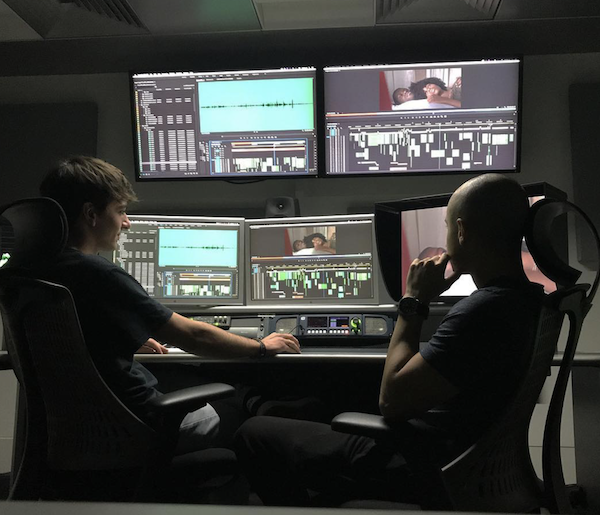
What advice would you give other filmmakers/creators who are just starting their careers?
I don’t think I’ll ever be qualified enough to advise other filmmakers when I often feel very lost myself. But, there is one idea that I read from Kurt Vonnegut that I really connect with. That idea is this: ‘When you’re a kid it’s just you and the universe. As you grow up society, our parents, education, etc… tell you what you can and can’t do, shouldn’t, and should do. It’s not just two anymore but a party of three.’ When I first started making films it was just me and the universe, and then I started to learn about what I should and couldn’t do. I often have to get back to what got me into it in the first place, curiosity. And shut out everything else.
How do you find the balance between pushing boundaries creatively and delivering what your client wants or audience wants to see?
The films I admire the most leave me thinking ‘What was that filmmaker thinking to be able to make this?’. Through that lens, I’ve learned to make a clear distinction between the audience and myself. If we are talking about my narrative films, personal videos on YouTube, or documentaries then my first audience is myself. I make films that I want to watch and because of that the films I’m making haven’t been made yet. If I made films for anyone else I would be paralyzed sooner or later. That doesn’t stop me from being influenced or pushing myself because of an audience or others’ input, instead, it makes those influences more focused and digestible rather than anxiety-inducing and debilitating.
What is the most challenging aspect of being a filmmaker/creative?
Probably all of it. You’re trying to give form to life as we see it which is in many ways a bunch of contradictory chaos. That’s a big undertaking. If you don’t believe in yourself and what you’re doing – at least for some moments here and there – it can be overwhelming seeing any kind of creative feat through.
What are some of your favorite projects you’ve worked on?
More than anything I very often look back at my whole YouTube channel and I am proud that I’ve never stopped creating personal movies based around my life and what I see as I live. As I’ve moved on to more ‘serious’ things like writing and directing films I just can’t imagine not having the creative outlet that is my channel. It gives me the freedom to have fun playing around and experimenting with new and old ideas and no burden of it making money or being successful.
Last year I started a project where I’m making short documentary portraits of people that I meet. They’re a more formal and long-term approach to making documentaries for fun and posterity rather than immediate gratification. I love making them and getting to know people more because of them. And now that I reflect, for all of them it’s been invaluable to have access to the music from Musicbed.
How do you search for music on Musicbed? What are some tips that you’d give other filmmakers to search on Musicbed?
With the potential that comes from the music available on Musicbed, I try and keep a focused approach. I ask myself. ‘What feeling am I looking for in the music for the film or documentary I’m editing?’ And then with that feeling in mind, I dive into the library to see what’s possible. There are so many factors as to what the right music is for the project you might be working on that the only tip I can give with certainty is to think about the feeling you’re searching for. From there Musicbed lets you search based on so many specific criteria (Mood, instruments, genre, even song keys, etc.) that you can fine-tune the search for that feeling. It’s intangible, but you’ll know it when you find it.
Why do you utilize Musicbed in your work?
A lot of music libraries online are the equivalent of walking through a museum devoted to corporate art, it’s overwhelmingly formulaic and monotonous even if there are one or two things worth looking at or listening to. Not Musicbed. With Musicbed there’s so much great music and artists that you can get dazed from all the awesome possibilities that come with music. It’s indispensable to have accessibility as a filmmaker to me and Musicbed provides that for great music.
–
Explore a curated playlist of Giovanni’s go-to songs for elevating his work—available to license only on Musicbed.















































































